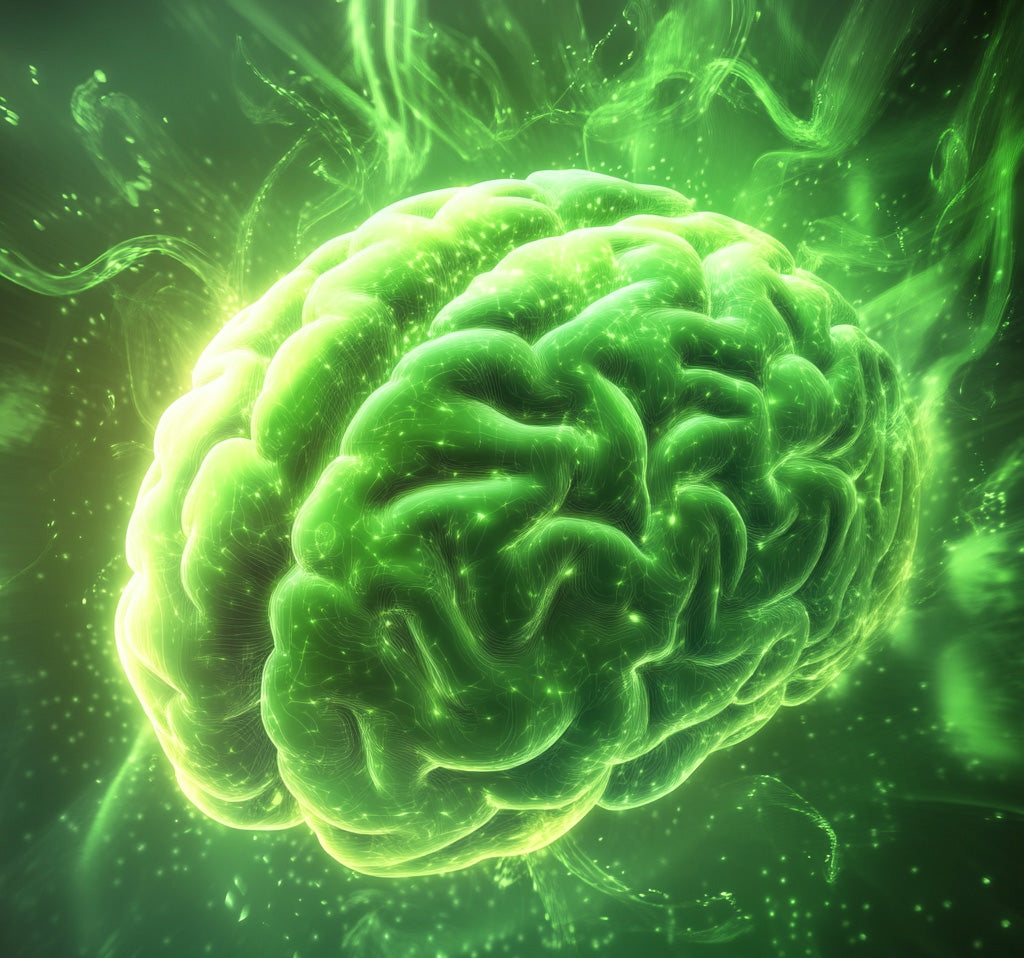
Spirulina Microalgae: Sources and Nutritional Composition Origins and Growth Conditions
Spirulina microalgae, a powerful superfood, has shown significant potential in enhancing brain health. This review explores the neuroprotective benefits of Spirulina, highlighting its antioxidant, anti-inflammatory, and cognitive-enhancing properties. Discover how Spirulina can contribute to preventing and mitigating brain disorders.
Spirulina, scientifically known as Arthrospira platensis and Spirulina maxima, thrives in freshwater lakes with alkaline and warm waters. Major cultivation sites include the Pacific Ocean near Japan, Hawaii, and large lakes like Lake Chad in Africa and Lake Texcoco in Mexico.
Nutritional Profile
Spirulina is rich in proteins, essential amino acids, vitamins, carotenoids, and minerals. The high bioavailability of these nutrients allows them to be rapidly absorbed and utilized by the body, particularly benefiting brain health. The table below summarizes key nutrients found in Spirulina:
|
Health Benefits |
Quantity per 100g |
Nutrient |
|
Supports muscle and brain function |
57g |
Protein |
|
Vital for neurological health |
10mcg |
Vitamin B12 |
|
Prevents anemia, supports brain oxygenation |
28mg |
Iron |
|
Anti-inflammatory properties |
2g |
Gamma-linolenic acid |
The Impact of Spirulina on Brain Health
Antioxidant and Anti-Inflammatory Effects
Spirulina is known for its potent antioxidant properties, which help combat oxidative stress in the brain. The presence of phycocyanin, a pigment unique to Spirulina, contributes to its strong anti-inflammatory effects, protecting brain cells from damage.
Cognitive Enhancement and Neuroprotection
Preliminary clinical studies suggest that Spirulina can reduce mental fatigue, improve cognitive functions, and protect brain vessels from endothelial damage. This makes Spirulina a promising candidate for supporting brain health in aging populations.
Interaction with Gut Microbiota
Spirulina's benefits extend to its interaction with gut microbiota, which plays a crucial role in brain health. Spirulina modulates microbiota diversity, promoting the growth of beneficial bacteria that contribute to neurotransmitter production, such as GABA and serotonin.
Conclusion
Spirulina microalgae offer a wealth of nutritional benefits that significantly impact brain health. From its antioxidant and anti-inflammatory properties to its role in cognitive enhancement, Spirulina stands out as a superfood with the potential to prevent and mitigate various brain disorders.


